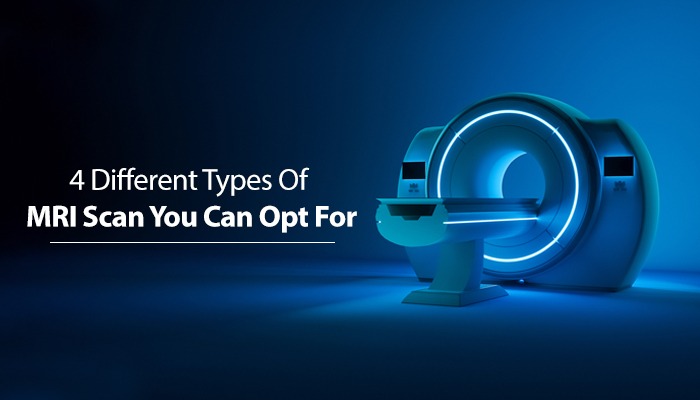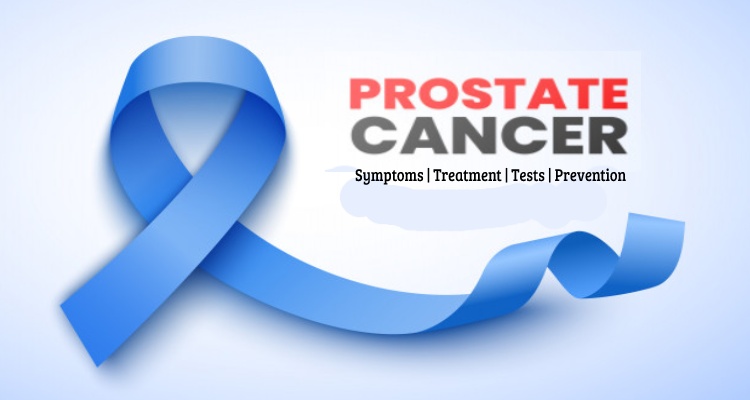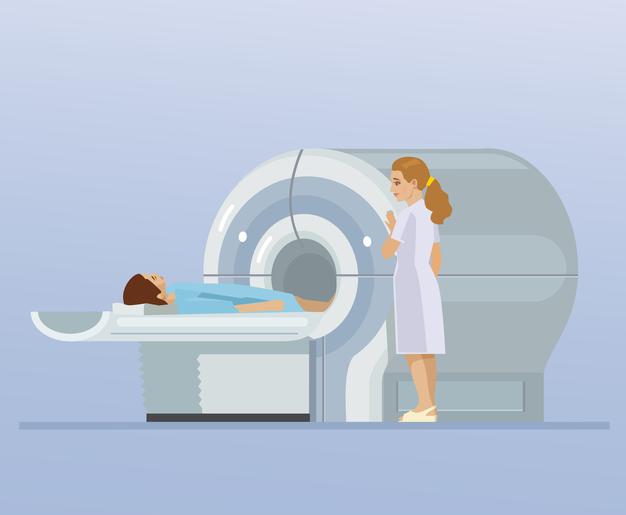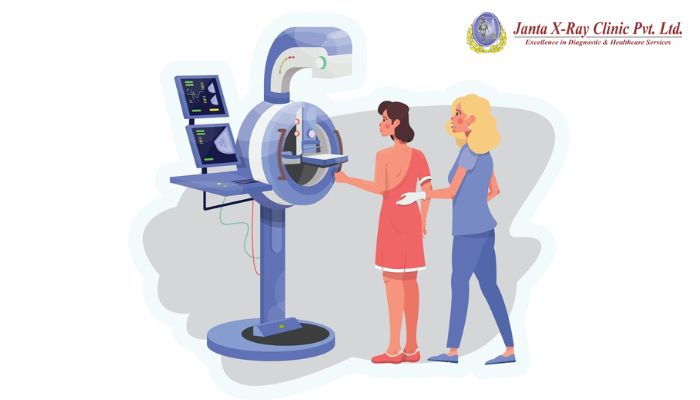4 Different Types Of MRI Scan You Can Opt For

The MRI process is one of the most popular and evolving medical imaging methods that help doctors diagnose a disease or detect abnormalities within a body effectively. As a result, this is the initial step that doctors recommend to patients whenever they suspect any severe health disorder. Some serious health issues that can be detected using an MRI test report are –
-
Cancer/tumor
-
Brain injury
-
Issue within blood vessels or tissue
-
Heart problem
-
Joint-related issue
-
Spinal cord injury
Unfortunately, many patients find the MRI process intimidating and risky. Let’s understand why?
In truth, the MRI process can be ineffective for patients having metallic plates within their bodies. Since the imaging method involves a strong magnetic scanner, it may create problems for patients with a pacemaker, metallic bone plates, artificial joints, etc. Hence, informing the doctor prior to the examination is very necessary.
Similarly, patients who have claustrophobia may also feel suffocating while lying inside a closed chamber of a magnetic tube. However, if MRI staff are pre-informed, they provide a mild sedative that helps patients evade this feeling.
This is the reason why it is important to consult a doctor before undergoing an MRI. After all, being an expert in a medical environment, they suggest the right type of MRI scan that fits the best with the patient's health condition.
4 Different types of MRIs a doctor may suggest
MRI or Magnetic Resonance Imaging is a modern diagnostic imaging test that captures high-resolution images of the structural changes within the body. It uses magnetic and radio waves to identify the irregularities within any part of a body. Let’s see how doctors differentiate the scanning process based on different body organs.
1. Contrast MRI: This is the most common and strongly used MRI, often suggested by doctors to diagnose a severe health disorder. In this MRI test, a gadolinium-based dye is injected intravenously into the patient’s body prior to the examination. This dye helps radiologists generate clear and vibrant scans of multiple body organs. Some serious health conditions that compel doctors to recommend contrast MRI are - back problems, brain injury, infection, or even to detect tumors or cancers. The high-resolution pictures of internal structures help doctors determine the root cause and start the right treatment immediately.
2. Functional MRI: Functional MRI, also called fMRI, is performed to measure blood flow to the brain and check out the brain functions. Doctors recommend this MRI scan whenever a patient comes with a brain injury. The scan reports highlight the areas of the brain that are activated. This helps doctors determine whether the brain is fully functional or has a massive injury. Diseases like dementia, Alzheimer's, and brain tumors can be easily detected with this scan.
3. Cardiac MRI: Doctors suggest a cardiac MRI when they come across patients suffering from heart disease or suspect problems in blood vessels or aorta. They recommend an immediate scan when patients encounter a heart attack. The scan report shows a detailed picture of the heart, blood vessels, and the overall circulatory system. By analyzing this report, doctors determine how the circulatory system is functioning and whether it requires any serious treatment. Moreover, the cardiac MRI process can immediately detect heart blockage, holes in the heart, heart tumors, and other serious heart issues.
4. Musculoskeletal MRI: Doctors immediately recommend a musculoskeletal MRI for patients suffering from joint problems or bone injuries. This MRI process helps doctors diagnose bone-related issues like herniated disc, spinal fracture, spinal cord compression, etc. Even in case of a hairline fracture, doctors suggest getting an MRI. This is because X-rays are not that effective in detecting a slight structural change within a body. For example, a tear in ligament, cartilage, or tendons can be easily assessed with a musculoskeletal MRI.
Get the right MRI for the right treatment
Every doctor has a specific treatment plan that works only when they detect and diagnose the disease properly. Receiving MRI test reports, they find it easier to determine the actual cause and choose the right course of treatment accordingly. However, it is important to look for a reliable path lab where experts are there to handle such sensitive medical imaging processes.






1.jpg)
.jpg)

.jpg)



Comments List